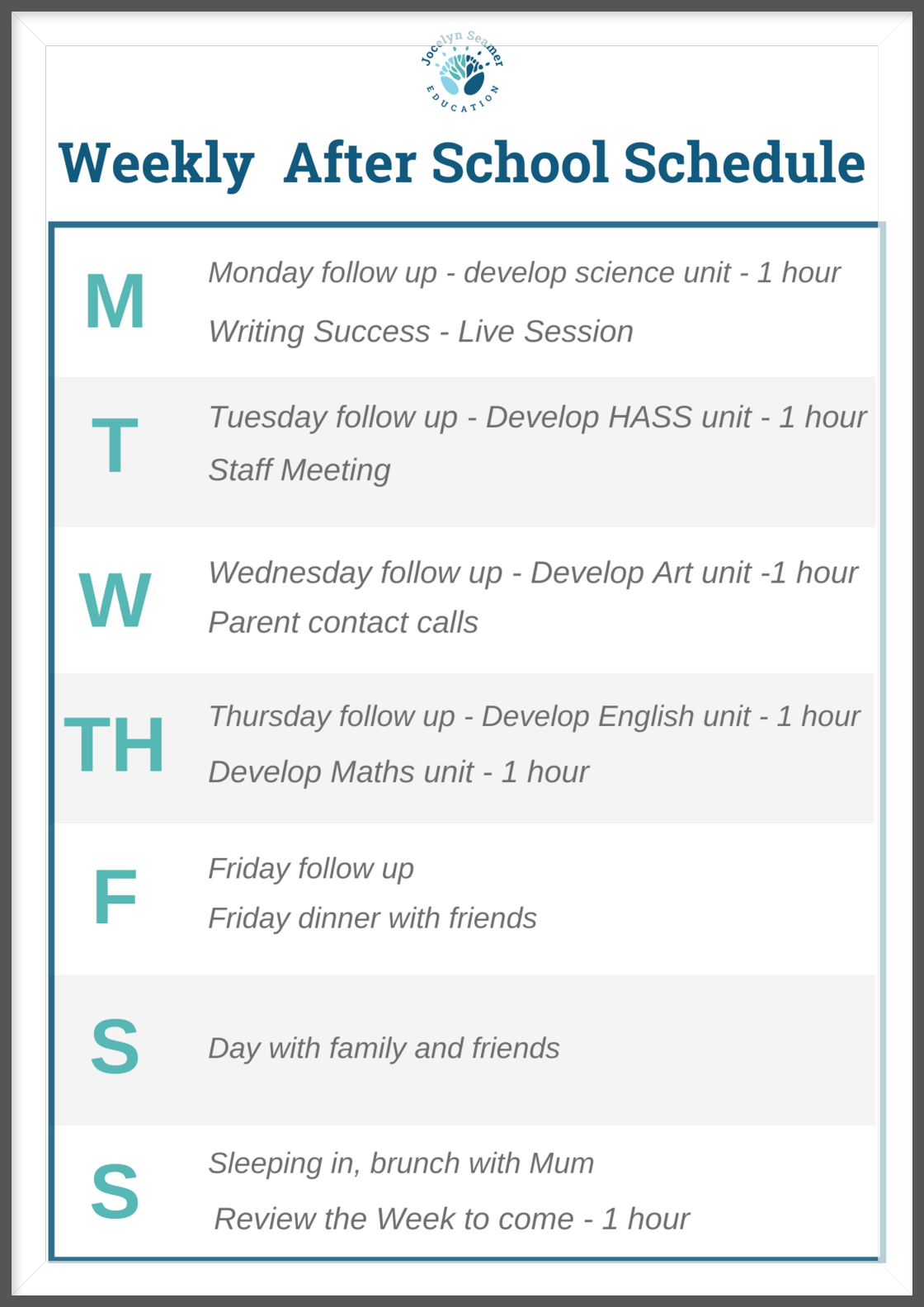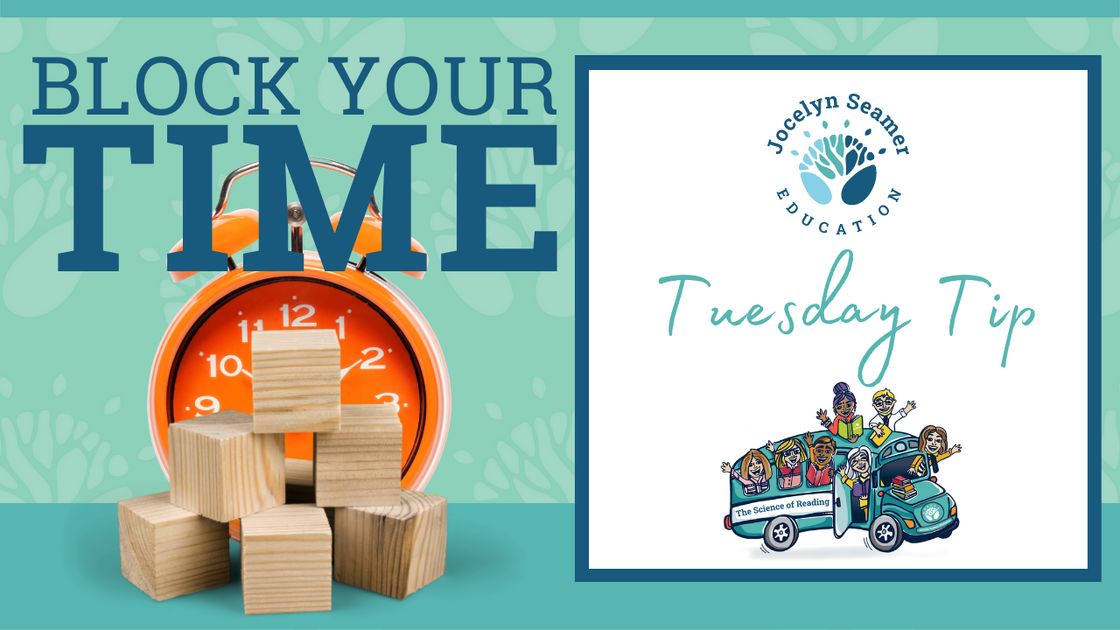Keeping Planning Simple

Keeping Planning Simple
Planning is one of the necessary, time sucking things that we do as teachers. I’m actually one of those nerdy people who like planning and curriculum design. It really floats my boat! BUT, what I don’t like is spending more hours planning and preparing than I spend teaching. I would much rather have easy ways to plan and prepare that leave me free to spend time on the fun stuff (like writing text based units using mentor texts) or watching Netflix. As a Teaching Principal with a full teaching load, I HAD to find ways to quickly and effectively plan for high quality teaching. This led me to come up with a few hints and tips that I’m sharing with you here.
Block your Planning Time
How long does it take you to plan, and when do you do it? If the answer is ‘how long is a piece of string?’, that’s a problem. Blocking your time means that you can focus on one thing and get things done fully. Multitasking is a myth. Our brain simply can’t focus on two things simultaneously, so having a clear plan is a great thing. The plan below is an example of what that might look like.

Tuesday Tip - Blocking Your Time
Establish Low Variance Teaching Routines
Low variance teaching routines lead to low variance planning and reusable resources. If you’ve done the Writing Success in the Early Primary Years Teach Along, you have access to the Text Based Planning document that came into being when I was Teaching Principal. I knew that I needed something repeatable. I knew that I needed something that would cover the curriculum and had planning that would guide me as I planned. Reducing cognitive load was the aim of the game! Think about it like this, do the hard work ONCE, then reuse that planning, again and again, changing out the content.
Utilise the Power of Collaboration
If you are a teacher who likes to do everything yourself, it might be time to reconsider that plan of attack. Working with others in a consistent way means that you share the load and the successes. When you both teach the same thing in the same way (putting your own personal tweaks on things to suit your students, of course), you can divvy up the planning and preparation you need to do. An example of this is in writing text based units. Why should you write a unit yourself for every single thing you teach? You can either work on something together or take turns in writing a unit and then sharing it with your team. If you do tub-time (as seen in the Reading Success Teach Along), and prepare some resources for that, share them with the classroom next door when you are finished.

Identify where you can repurpose things you already have.
For example, if you are using partner practice sheets (either from Reading Success in Action or some other source), reuse them as homework the following week. This repetition is good for students and parents. It will mean that students will be familiar with the task, and the parent doesn’t have to try and stumble their way through something the kids don’t know how to use. Last week’s decodable sentences or texts can become this week’s partner dictation resources.
Stop Trying to Reinvent the Wheel
Asking teachers to invent their own scope and sequence or arrange content and resources for phonics instruction is, frankly, crackers. It is also unproductive to ask teachers to create every single unit they teach from scratch. Providing access to high quality, structured teaching resources means that teachers can spend time on what matters. Their students. It’s tough to focus fully on meeting students where they are up to and providing Tier 2 intervention when teachers are cognitively and physically exhausted. Grab great stuff with both hands and run with it. The mark of a great teacher is their ability to help students get results, not to create everything from scratch.
Planning and preparation is important and necessary in our teaching lives, but it doesn’t mean that we have to devote our entire lives to it. The key to finding balance in your work/home life is to keep things simple. I hope you find a takeaway from today’s post that helps you do just that.
Looking for ready-made resources to help you implement structured literacy in your classroom? Read more about the Resource Room here.

 Jocelyn Seamer Education
Jocelyn Seamer Education

4 comments
Thanks Jocelyn- your Blog posts are so down to earth and make it easy to go away with thinking ‘I can do this!’
I love the idea of blocking time and focusing on one thing.
Thank you. I am going to try this! This season of our family has my husband very sick and anything that can lessen my load but still bring in the quality I strive for is a win! Love your emails!
This was so helpful to read. Thank you! This reminds me to be more focused and set some clear boundaries.
Leave a comment